Is roughly half of Japan preconditioned to hate mint chocolate sweets?
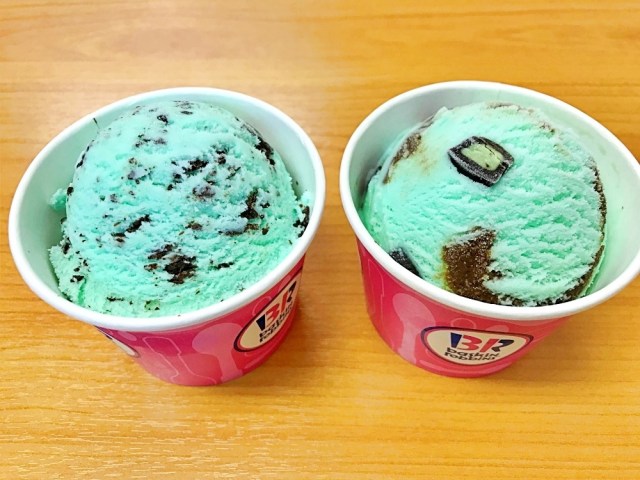
Researcher thinks that the traditions of one Japan’s biggest foodie centers don’t mesh with the summertime sweets flavor.
Japan loves seasonal sweets flavors, but they’re not strictly a result of what produce happens to be in season at the time. For example, part of the reason you see so many strawberry desserts in December is because when combined with whipped cream they match the Christmas color scheme, and a lot of springtime sakura sweets are made with preserved cherry blossom tree leaves and petals that were harvested prior to the previous winter, since the trees are bare through the coldest months of the year.
Then there’s summer, when Japan sees a surge in mint chocolate treats, designed to satisfy your sweet tooth and provide a refreshing cooling sensation to help you cope with the hot, humid weather. We’re not just talking about mint chocolate ice cream, either, as Japan serves up mint chocolate Pocky, mint chocolate butter, and even mint chocolate taiyaki sweet bean cakes.
▼ We sometimes eat so many mint chocolate sweets in the summer that we need a chart to help plan out our dessert schedule.
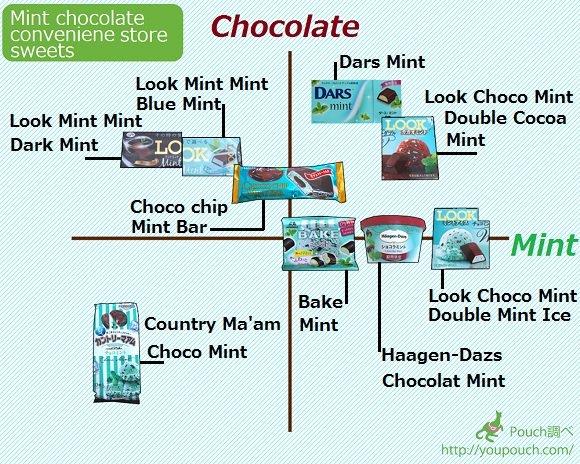
Much like idol music or unauthorized urban vegetable patches, though, mint chocolate can be a divisive topic. Koki Mizuno, a member of the Japan Taste Association, cites a 2016 survey by Tokyo real estate company At Home that polled 1,457 people across Japan between the ages of 20 and 59, asking them if they like mint chocolate ice cream. 36 percent said yes, 48.5 percent said no, and the remaining 15.5 percent said they didn’t feel strongly either way.
▼ The reason why a real estate company wanted to know people’s opinions on mint chocolate has apparently been lost to the sands of antiquity.

At Home then broke down the data by Japan’s 47 prefectures and arranged them in order of most pro-mint chocolate to least. The top five were:
1 (tie). Hokkaido: 54.8 percent of respondents like mint chocolate ice cream
1 (tie). Miyagi: 54.8 percent
3 (tie). Yamagata: 51.6 percent
3 (tie). Saitama: 51.6 percent
5. Iwate: 48.4 percent
Hokkaido is Japan’s northernmost prefecture. Miyagi, Yamagata, and Iwate are all in Tohoku, the northeastern section of Japan’s main island of Honshu, and Saitama is Tokyo’s neighbor to the north. But support for mint chocolate in the survey dropped dramatically in the regions of Kansai and Chugoku, the western half of Honshu, and the prefectures that make up the island of Shikoku. Mizuno says that support for mint chocolate ice cream in almost all of those regions’ prefectures was in the 30-39 percent range, with Osaka and Shikoku’s Kochi tied at the bottom of the list, with only 9.7 percent of their survey respondents expressing a fondness for mint chocolate ice cream.
The low figure for Osaka might seem particularly surprising, considering Osaka City is known for its unabashed love of tasty but unpretentious food, such as takoyaki (octopus dumplings) and okonomiyaki (Japanese-style savory crepes).
▼ Osaka-style okonomiyaki (which is different from Hiroshima-style)
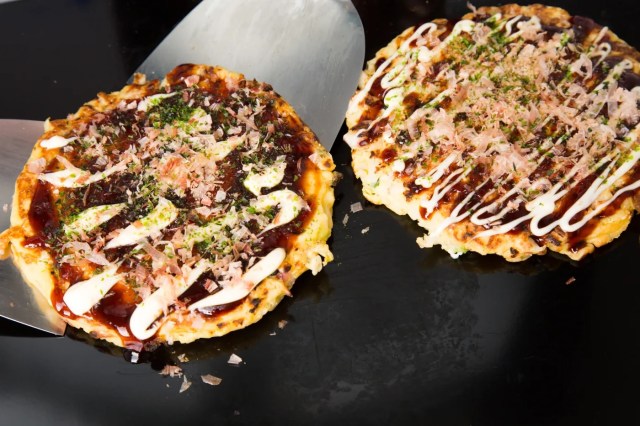
But Mizuno theorizes that it’s precisely because takoyaki and okonomiyaki are such a fundamental part of Osaka food culture that the prefecture’s survey participants couldn’t get behind the idea of mint chocolate ice cream. Takoyaki and okonomiyaki are both served slathered with sauce that has strong sweet notes, and the flavor lingers long on the taste buds.
In contrast, in mint chocolate’s flavor profile the sweetness of the chocolate transitions to a crisp, minty finish that resets the palate. Mizuno believes this is the opposite of what Osaka foodies are looking for, that the truncated period of sweet-tasting time that comes with mint chocolate leaves them unsatisfied and unhappy, and that this sentiment is shared, though to a lesser extent, by other nearby prefectures influenced by Osaka cuisine and its characteristic seasonings.
On the other end of the rankings, Mizuno thinks that northern Japan being the country’s primary producer of mint oil has had a trickle-down effect leading to the flavor’s wider popularity among that region’s residents.
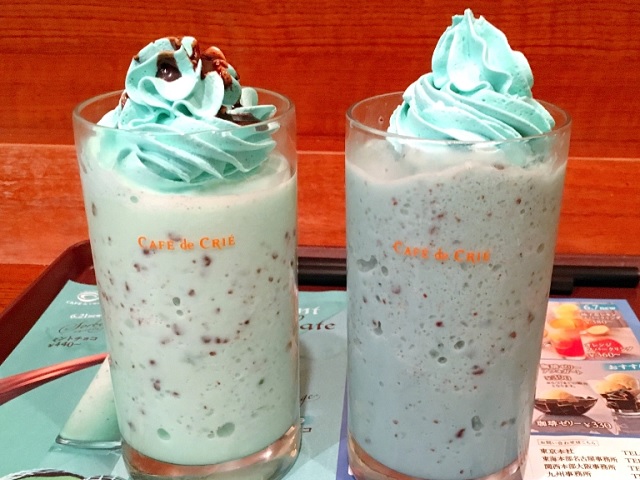
There’s something we should point out here, though. The survey’s 1,457 total responses were collected in equal numbers from Japan’s 47 prefectures, meaning just 31 people were polled from each. Such modest sample sizes mean that the poll’s results probably aren’t a perfect portrayal of prefectural preferences. Still, in broad terms they do suggest that overall, west Japan is less enthralled by mint chocolate than the rest of the country, so maybe before you buy your friend from Osaka a mint chocolate shake…
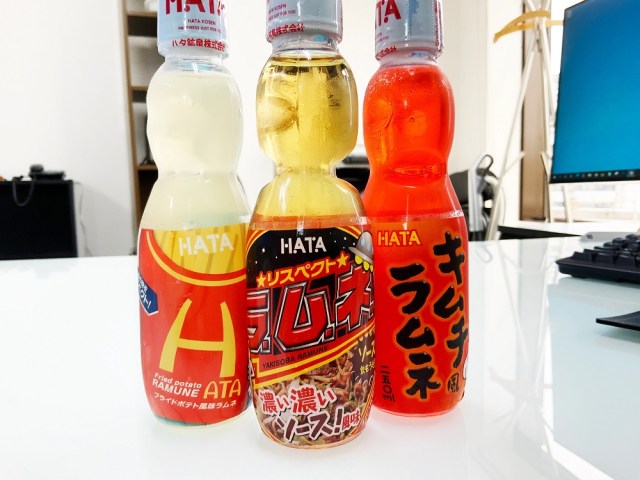
…you might want to make sure he wouldn’t prefer a saucy stir-fried noodle-flavor soda instead.
Source: Otona Answer via Livedoor News via Hachima Kiko
Top image © SoraNews24
Insert images: SoraNews24, Pakutaso (1, 2)
● Want to hear about SoraNews24’s latest articles as soon as they’re published? Follow us on Facebook and Twitter!
Credit:

0 comments:
Post a Comment